By Alex Mulcahy
An email from Judy Wicks arrived in my inbox that made me pause. Not a personal note, but one sent to her e-mail list. “Demand climate action with Jane Fonda,” the subject line read. In it she explained that she had first gone to Washington, D.C. in October to join Fonda in her weekly Fire Drill Friday climate change protests. On January 10, the last event in this series would occur, and Wicks and some friends would be attending
She also mentioned the last time she attended Fire Drill Friday. She decided to get arrested, and she was planning to do so again. No pressure, Wicks assured, but the opportunity would be there to participate in an act of civil disobedience. Wear red, she instructed, and I’ll meet you at 30th Street Station to catch the 8:31 a.m. train.
Hmmmmm…
Days before, I finished reading Bill McKibben’s latest book, “Falter: Has the Human Game Begun to Play Itself Out?” For the sake of brevity, I will not go into much detail about the first 18 chapters of the book, which eloquently document the grave threats to humanity posed by climate change and artificial intelligence—and how the philosophy of Ayn Rand is an underlying theme to both. Suffice it to say, it is pretty grim.
The final five chapters, nested in the subsection entitled “An Outside Chance” got me thinking. Again, for brevity, I will distill these five chapters of the best path forward into five words: solar panels and civil disobedience. Was it time to get arrested?
I somewhat nervously floated the idea at home and received encouragement from my significant other. When I started telling other people I was considering going to the protest and committing an act of civil disobedience, the response was incredibly supportive and positive.
I contacted a photographer, Rachael Warriner, who regularly documents social movements, and she was up for the adventure. So at 8:31 a.m., clad in my red hoodie, we were on our way.
Let me step back for a minute and put some of this into perspective. While this did require me to summon some courage, it was a pretty modest risk. It’s true that you never know how an event might turn out, but in a crowd dotted with celebrities, and in a city and setting accustomed to dealing with civil disobedience, the risk level was pretty low. There would be no snarling dogs or rubber bullets that pipeline protesters endure. In fact, I wasn’t even handcuffed or taken away in a paddy wagon. It was civil disobedience lite—though I’m not complaining.
(The same day, it should be noted, there was a protest held by Philly Thrive in a far less glamorous place, the former Philadelphia Energy Solutions oil refinery, and there wasn’t a celebrity in sight when four members of the activist group were arrested. The hard work they put in, and the real risks they took, give them the right to take a victory lap after some great news. Two weeks after the protest, the facility was sold to Hilco Global, a Chicago-based real estate developer, which has no plans to re-open the refinery.)
With the stakes as high as they are, it is clear we all must become activists, or at least push ourselves out of our current comfort zones. We don’t need the colossal miscarriage of justice that appears to be occurring in the U.S. Senate at press time to know that the government will only change if a movement demands that it does.
Activism at its core is fun, and it creates a virtuous cycle. The more we do, and the more we connect with other people, the happier we feel. Let’s find our place in the Movement, and then if the situation requires it, let’s get arrested.
P.S. Get started by canceling any credit cards, or better yet mortgages, from JP Morgan Chase & Company. They are the primary funders of fossil fuel projects, and we need to get our money out of there immediately.


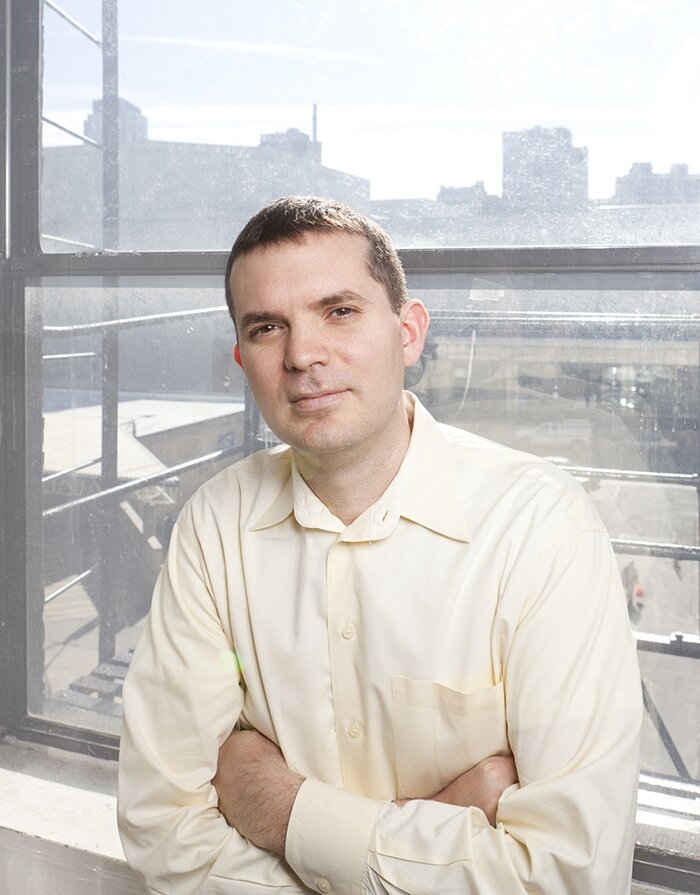

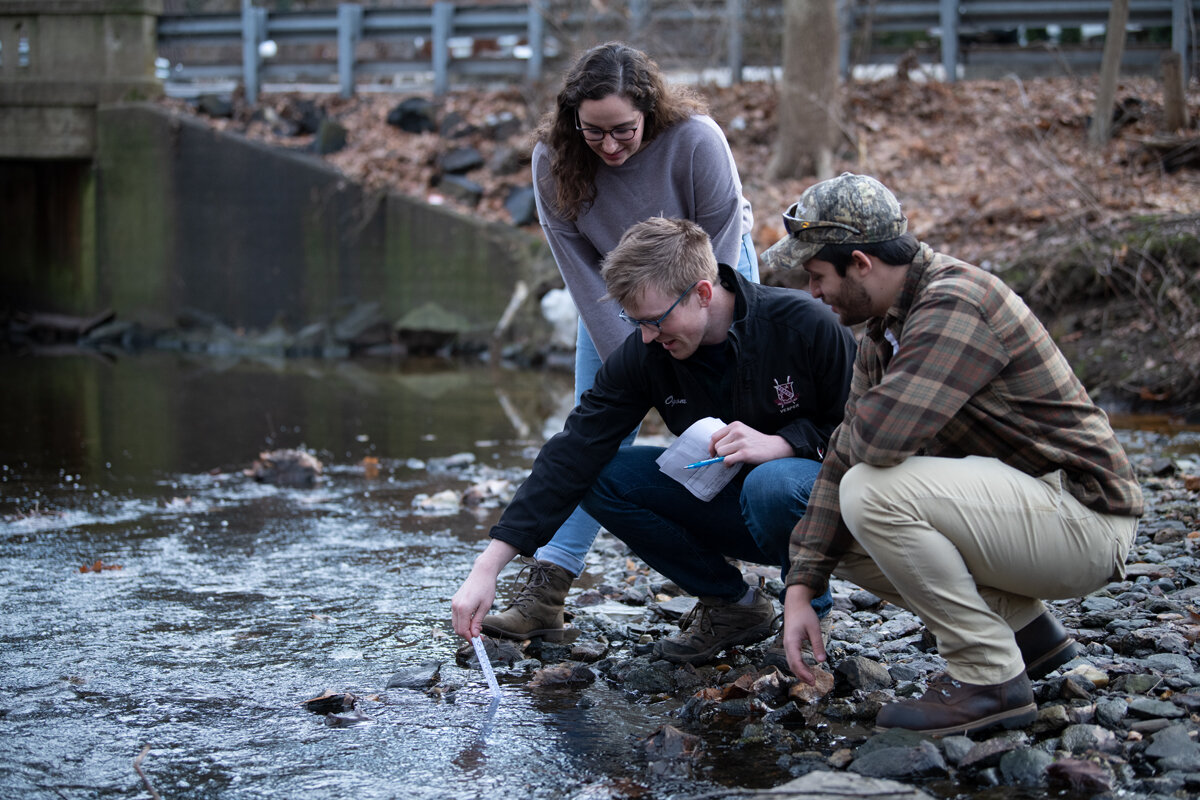
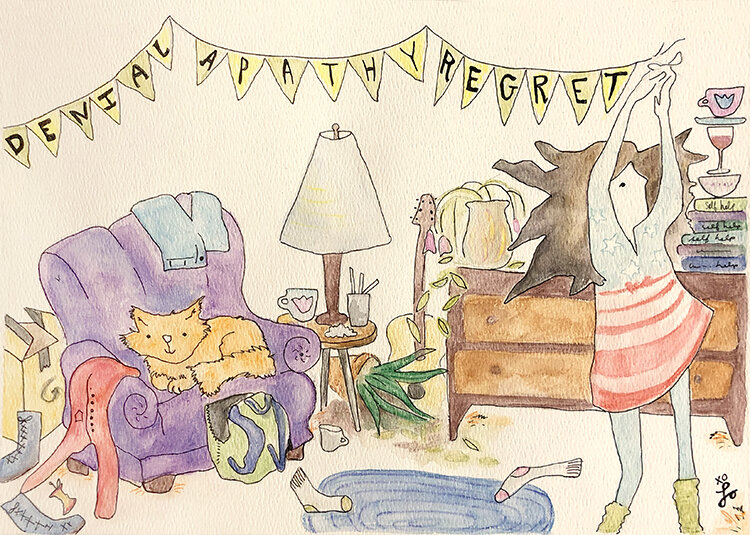
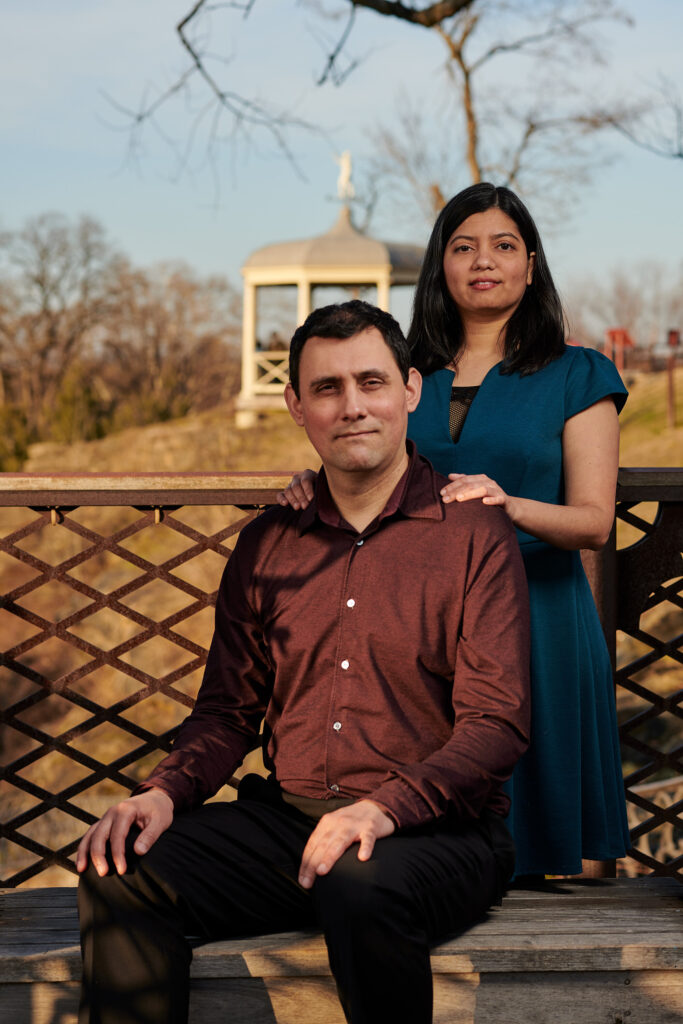
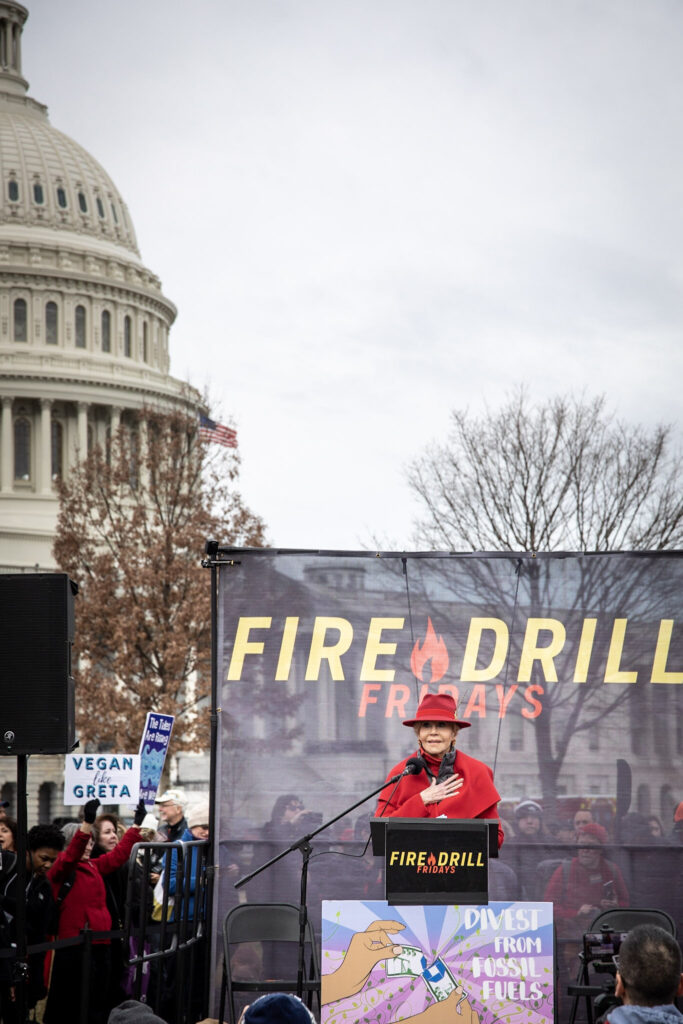
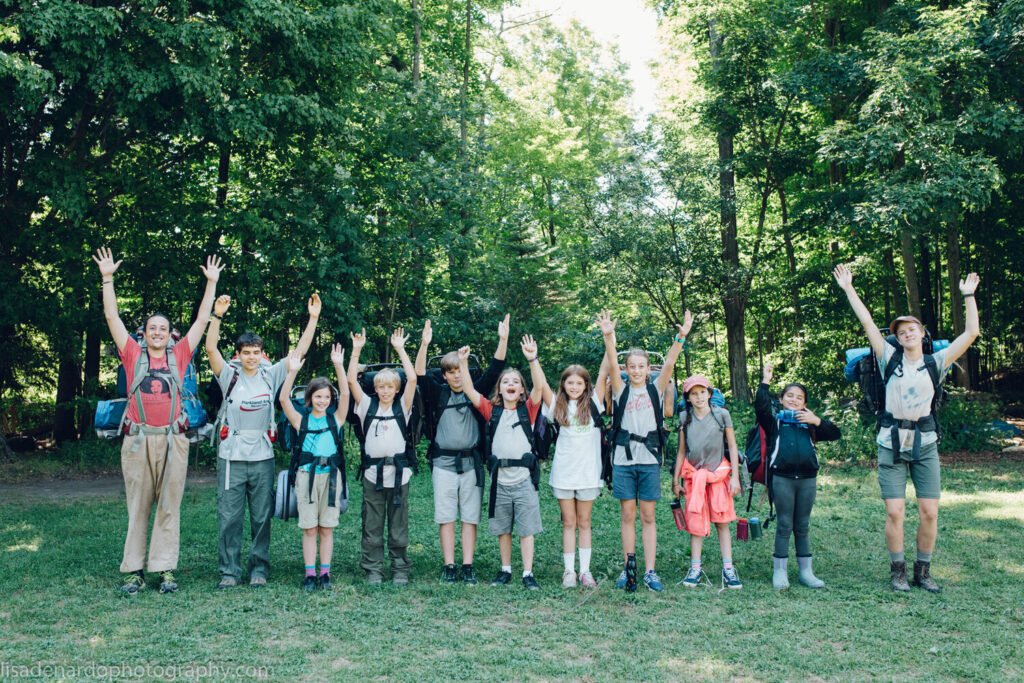

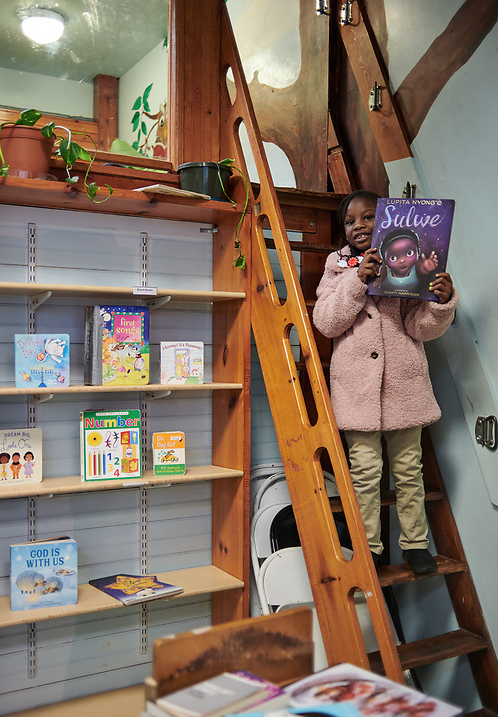
While I understand the need for protesting and activism, encouraging people to get arrested is as full of white privilege as one can get. Asking white people, who haven’t had long histories of false imprisonment and issues with the police, etc. is what we should be doing; because it’s our time to step up. But to ask people of color to continue to do the same, often with much harsher repercussions than white people will face, is colorblind activism.